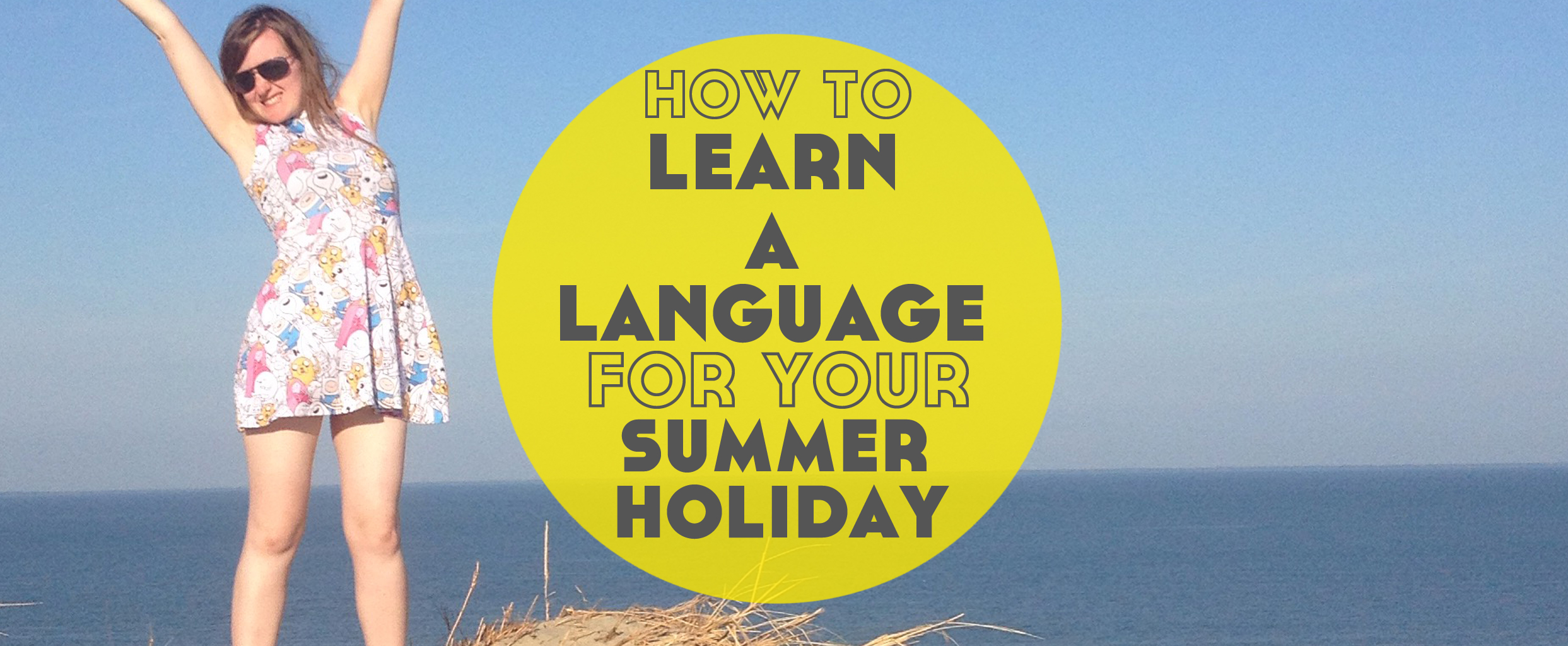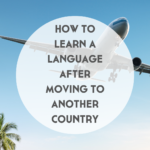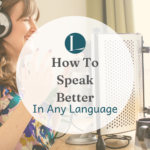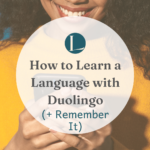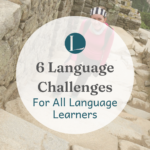August 2nd, 2017
How to Learn a Language for Your Summer Holiday
Ever suffer from complete language overwhelm? There’s-way-too-many-languages-in-the-world-how-am-I-ever-gonna-learn-them-all kinda overwhelm? Yeah. One great way to combat that is to make the most of any travel you do and learn a language for your summer holiday.
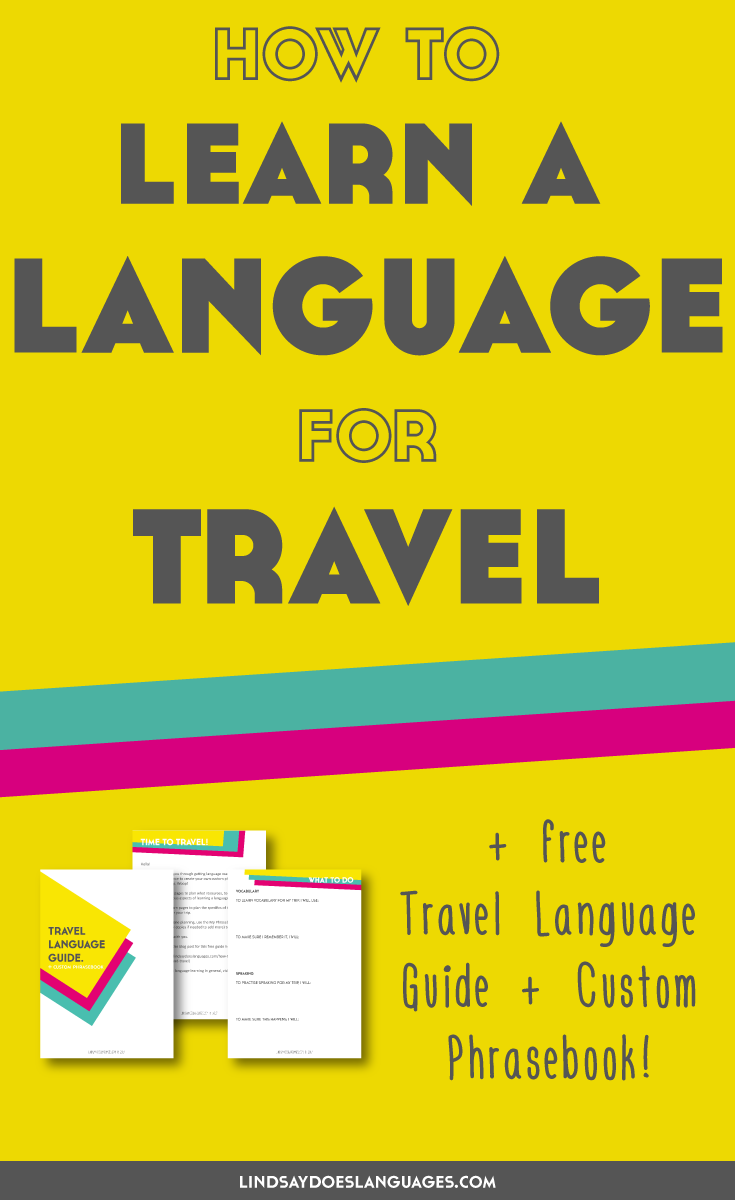
Of course, this is a very different process to learning a language with fluency in mind. And that means the whole approach to learning a language for your summer holiday is going to be very different too.
A good place to start is to consider the elements of regular language learning and figure out where your priorities lie. Chances are that for travel, this will be speaking and listening, with reading coming in third, especially if you’ll be visiting somewhere with a language with a different writing system.
What to Ignore

You can totally get away with ignoring the majority of grammar rules. Yay!
Caveman-esque lingo is completely acceptable as a tourist. Trying (with a smile, just in case you do say the wrong thing) is better than just approaching someone and assuming they speak English and chatting away without even asking if they do.
However, it is worth using Wikipedia to skim read an overview of the grammar just in case there’s anything that may offend if you get it wrong such as formal or informal words for “you”.

You also probably won’t need to worry too much about writing. So…don’t write!
The exception to this is when you’re visiting somewhere that uses a different writing system, in which case, it can be useful to learn how to write the places that you’re going to and perhaps where you’re staying. Alternatively, write them once in a notebook that you keep with you and can point to as reference if needed. When it comes to where you’re staying, it’s useful to pick up a business card from the front desk or if it’s an Airbnb, be sure to grab a screenshot on your phone of the address so you don’t forget. (Can you tell I’m speaking from experience?!)
However, if you do enjoy writing and find it helps you to learn stuff, then try making your own custom phrasebook.
What to Focus on
Ok, so now we’ve got that out of the way, it’s time to get down to the good stuff: what to actually focus on when you learn a language for your summer holiday.
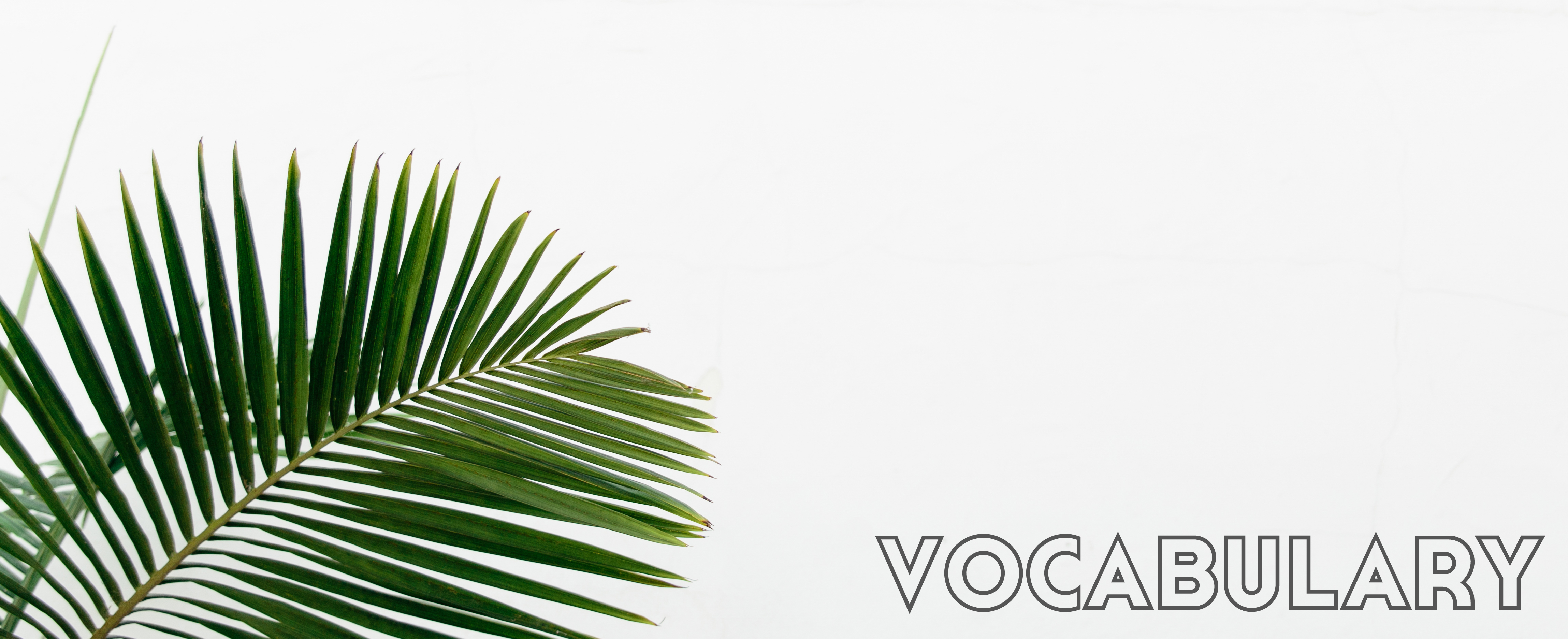
Vocabulary will of course be important when learning a language for travel. However, you probably don’t need dog, cat, fish and green, red, blue – but more so chicken, pork, vegetarian and left, right, straight on.
This means that rather than doing the first couple of sessions of a regular coursebook, it can be more productive to instead use a phrasebook designed for travel as your primary source of vocabulary. I really like the Lonely Planet ones, especially the multi-language ones that cover regions.
They currently cover a range of languages, but in terms of the multi-language ones, you’ve got:
Europe (or smaller versions of Western Europe, Central Europe, Eastern Europe, Baltic, and Mediterranean Europe)
India (covering 15 languages)
Middle East (covering varieties of Arabic, Farsi, Hebrew, Turkish)
Africa (covering 13 languages)
South-East Asia (this older version actually covers more languages)
Pidgin (Bislama, Pijin, Tok Pisin, and some creoles)
South Pacific (warning – this one will make you want to grab your snorkel and head to Tahiti)
Australia (contains basics in indigenous languages as well as Australian culture and Australian English)
There are also a few that appear to be out of print but can still be found on Amazon or eBay. These include Scandinavian (which includes Faroese!), Central Asia, Hill Tribes (for China, Vietnam, Thailand and Laos), and USA (includes lots about US culture but also covers some basics of indigenous languages).
As useful as it is to have a bank of words in your brain ready to go, chances are that with just a few weeks to learn, you’ll get more use from learning set phrases and sentences that you can chop and change vocabulary with. For example: “I would like…” and “Where is the…?” are two useful phrases that can be easily finished off with a variety of vocab words.
And even if you don’t know the exact words you need, it’s generally much easier to mime or draw a noun than it is “I would like” or “where is the”. With that said, it’s therefore useful to keep a small notepad and pen with you so that you can easily draw or write to help out with any inevitable missing vocabulary from time to time.
In fact, if you’re feeling super lazy on the vocab front (or not lazy but don’t have time to learn every single possible word for every single possible scenario) this small book is a lifesaver.
It’s called Point It and is a photo dictionary covering you for a multitude of situations when travelling so you can simply point to the clear photos to fill in the vocab blanks. Particularly handy to avoid overseas data charges from checking dictionary apps or even if you’ve got a good data plan but have no signal.
With Point It or an offline dictionary app to fill in the blanks, it’s still useful to learn key words that are specific to you and your trip. This could be to do with foods you can or can’t eat, any allergies to avoid your face puffing up if you have to see a doctor, or anything else that may not be in a standard dictionary app or Point It.
Another thing to consider for vocabulary is what you’ll be doing on your trip. Know you’re going to visit a temple? A mountain? The beach? Make sure those words are on your list. You won’t be able to predict all possible travel scenarios but by focusing on learning things relevant for the things you DO know, you’ll be helping yourself out quite a lot.
Remember, there’s no shame in having to dig out the phrasebook, Point It or an app and point to words. Just do it with a smile and you’ll be fine!

Reading isn’t crazy high priority when learning a language for travel. However, it is useful to spend a little time learning to read things that you’re likely to come across. This includes menus, signs, and perhaps registration form vocab if you’re staying anywhere where it’s unlikely they’ll have translations.
To practise this, try starting with Trip Advisor to locate restaurants and places of interest before then hunting down their own websites to have a read of menus or info in the target language.
What’s really fun about reading is that it’s something you can keep engaging with (or even start engaging with) when you’re on holiday too. Reading signs, shop fronts, posters, menus, leaflets, free newspapers, and other text around you is a great way to feel more involved with the place you’re visiting. I do this a lot. And even make a video of each place I go sharing what I learn from the world around me.
One more thing to note here, is that it’s especially important to learn key written forms you’re likely to be reading if the language uses a different writing system to your own. It can be really intimidating (but also kinda fun sometimes!) when you visit somewhere and can’t understand any of the world around you.
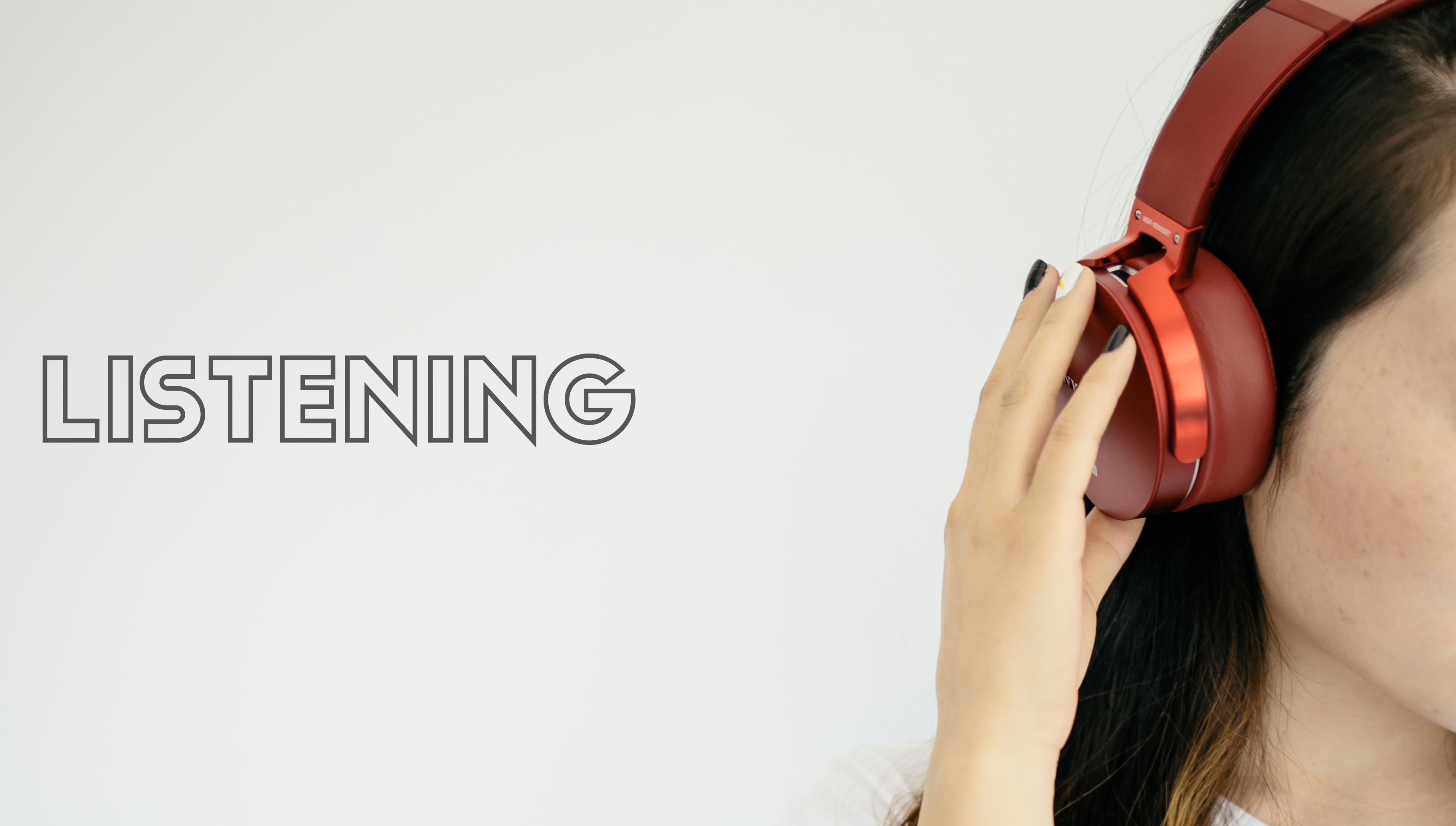
Audio will be essential for learning a language for travel. You want to hear the language as much as possible because this is what you’ll be doing most with the language when you’re away.
Expose yourself to as much audio as possible – podcasts, YouTube videos, audio language courses etc – both before and during your trip.
The nice thing about this is that although with most things you’ll be using to practise, you’ll be able to backtrack and re-listen to things, unlike the real life situations you’ll soon find yourself in on your holiday, you won’t be able to ask people if they can elaborate, translate, act things out.
So actually, with the advantage of asking people to slow down, repeat or explain again in different words (or with lots of hand gesture help!) it’ll be easier when you get there! Yay!
But what about that audio you can use to learn some basics and get used to the lingo before you go?
I really like the World Nomads Podcast series. They follow the same format of a young traveller learning the basics from a local once he’s arrived. This makes for a much more enjoyable listen than your average “repeat after me…” spiel. But if that’s what you prefer, than try the Survival Phrases series. They’re pretty solid and are available in a range of languages.
If you want to take things a little further, consider the early lessons on the LanguagePod101 or LanguageClass101 series. The Top 25 Questions You Need To Know, Survival Phrases and Absolute Beginner lessons will be useful here. If you’ve only got a week, you can even sign up for a 7 day trial to check out the whole package of goodies for each lesson. Woop!
But I get it. Sometimes, you’re just way too busy before you go somewhere and it’s not until you sit down on that plane ready for take off that you have a chance to think. Earworms are my favourite for these situations. They repeat useful travel phrases over music, so it’s much less dull and much more effective than more traditional audio recordings.
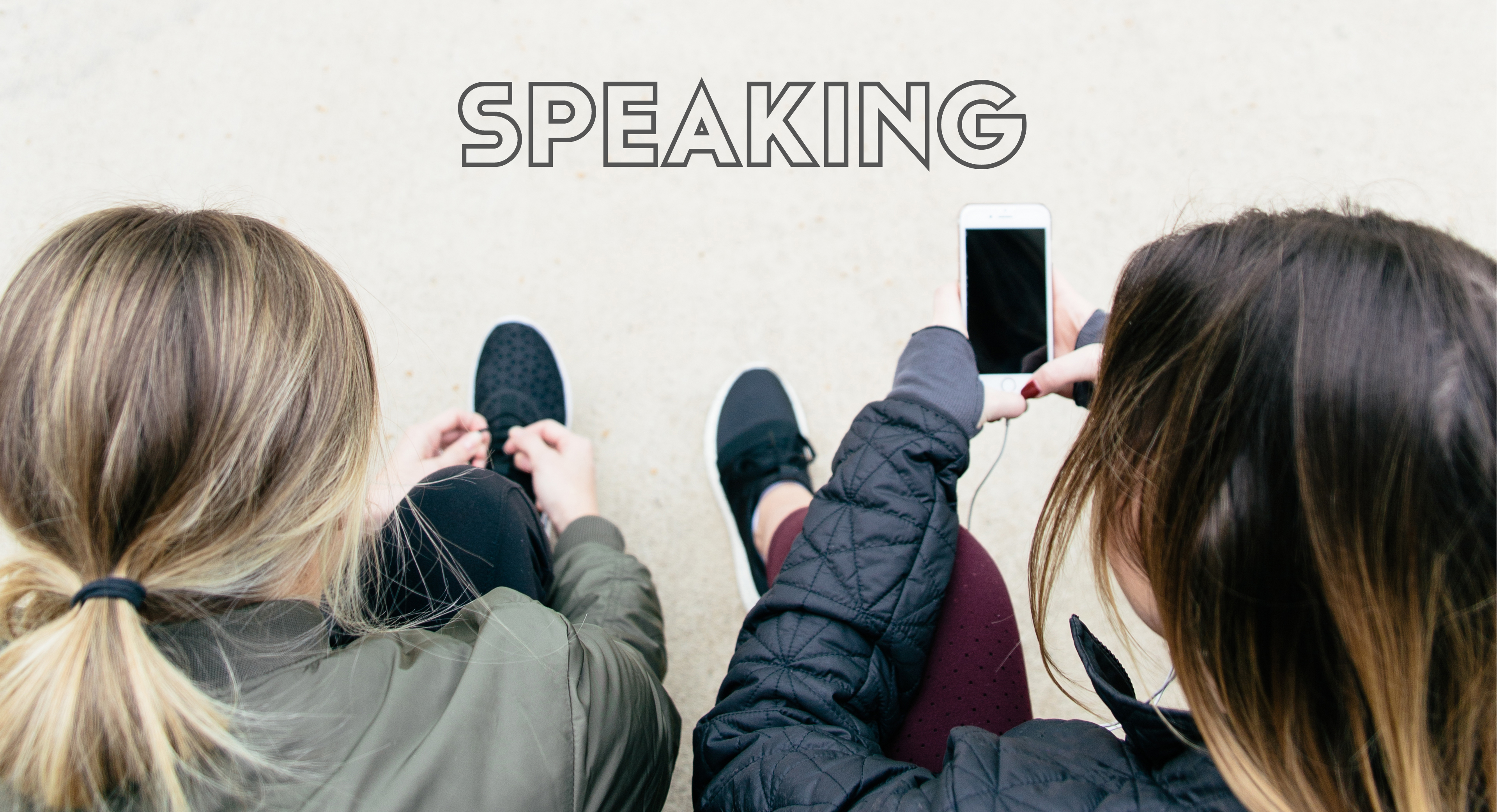
Speaking and listening will be the two most important skills when you’re learning a language for travel in one week.
If you want a lesson or an exchange, go for it, but I don’t think it’s necessary if you’re comfortable with self-study and your own language habits. As long as you’ve got some audio to work with and repeat then your speaking will be ok if you’ve just got a week to go.
So if you’ve not got time for an exchange, focus on shadowing what you hear from your audio. Focus particularly of course on the answers and the vocabulary that you’ll be likely to use yourself – you don’t need to learn how to pronounce the questions you expect, such as “How is your meal?” or “Can I help you?”.
If you won’t be speaking it yourself, just get used to listening for those ones and spend your time getting better at your answers.
That’s it! Take the tips from this post that will work for you and put things into practice for your upcoming holidays. If you want to learn more, check out the video below.

